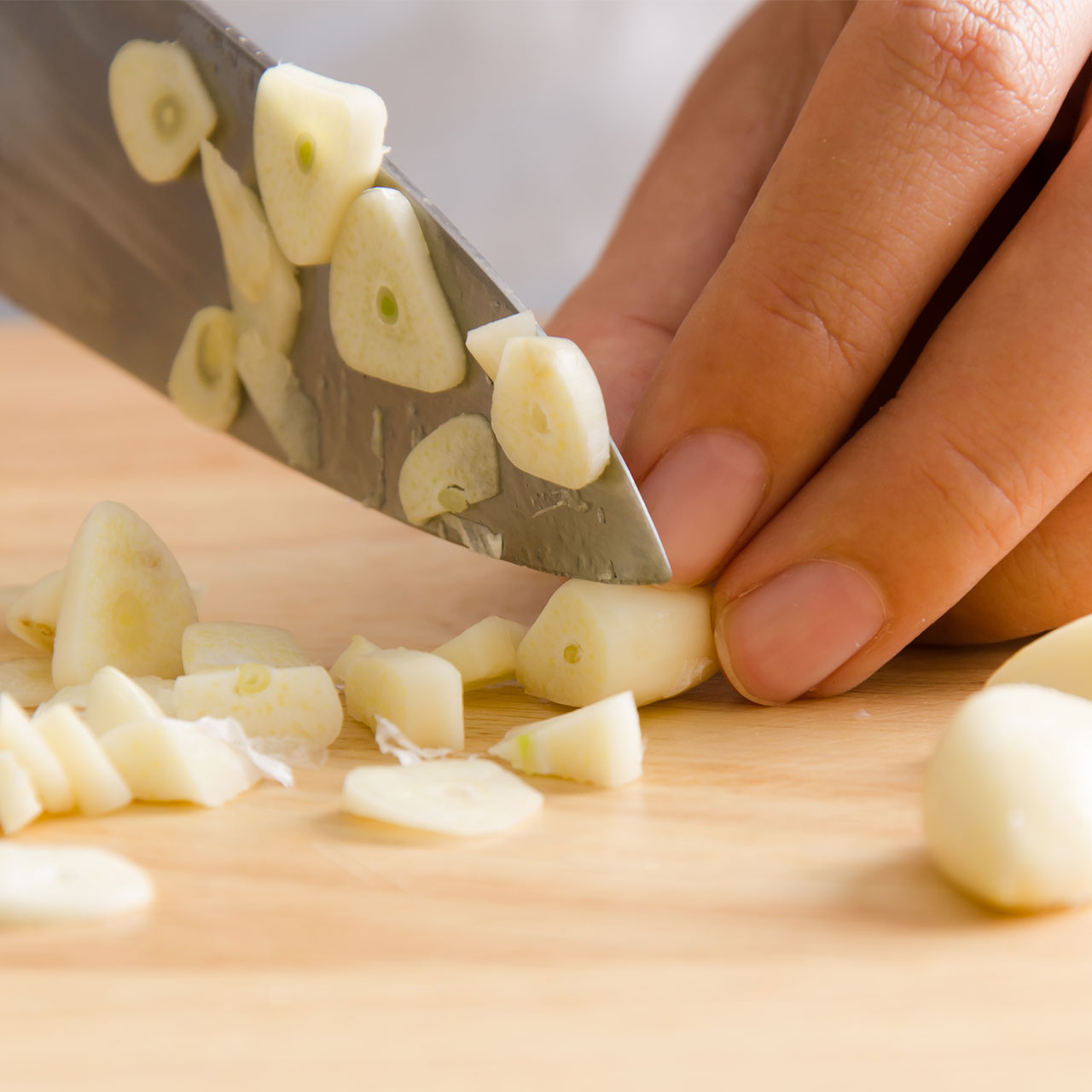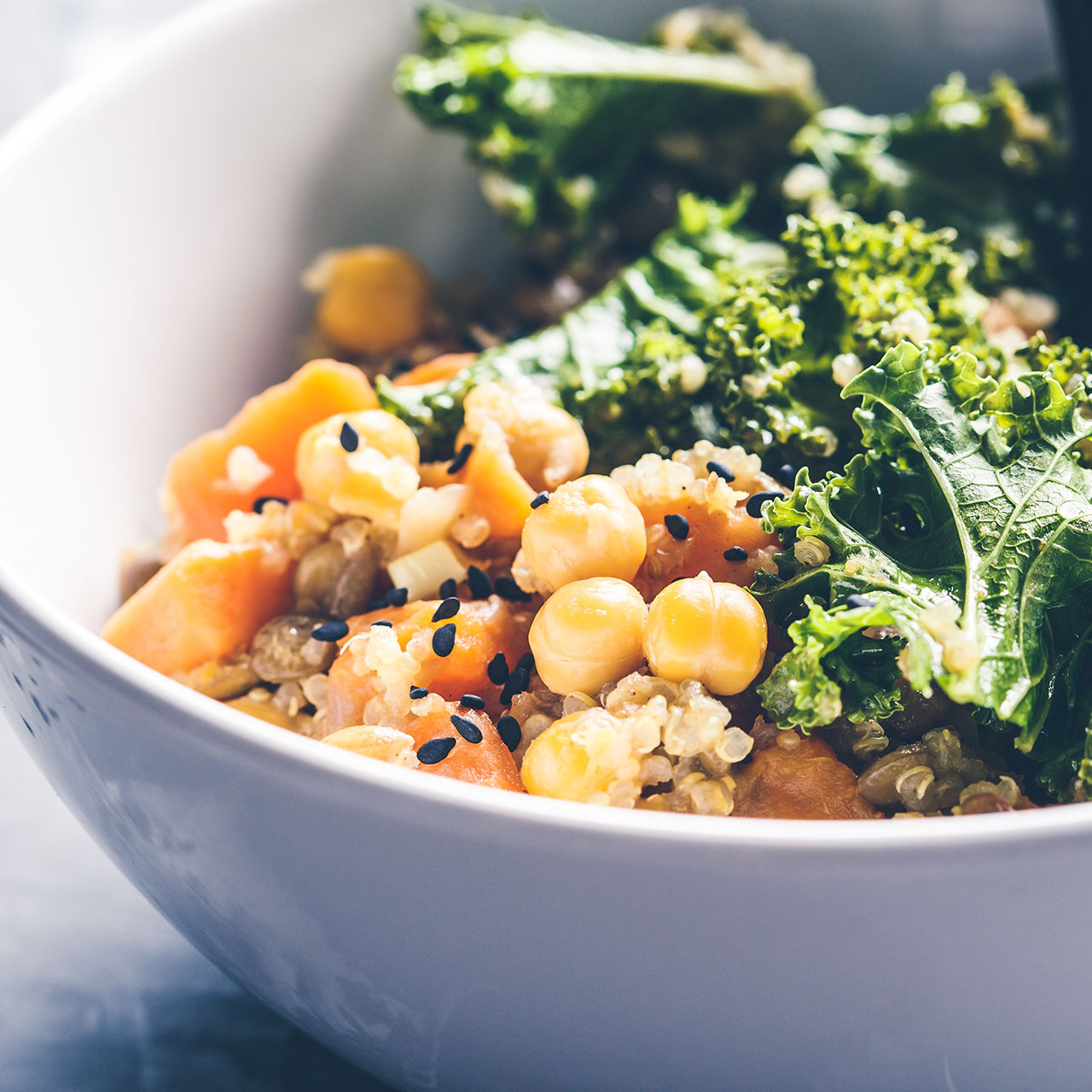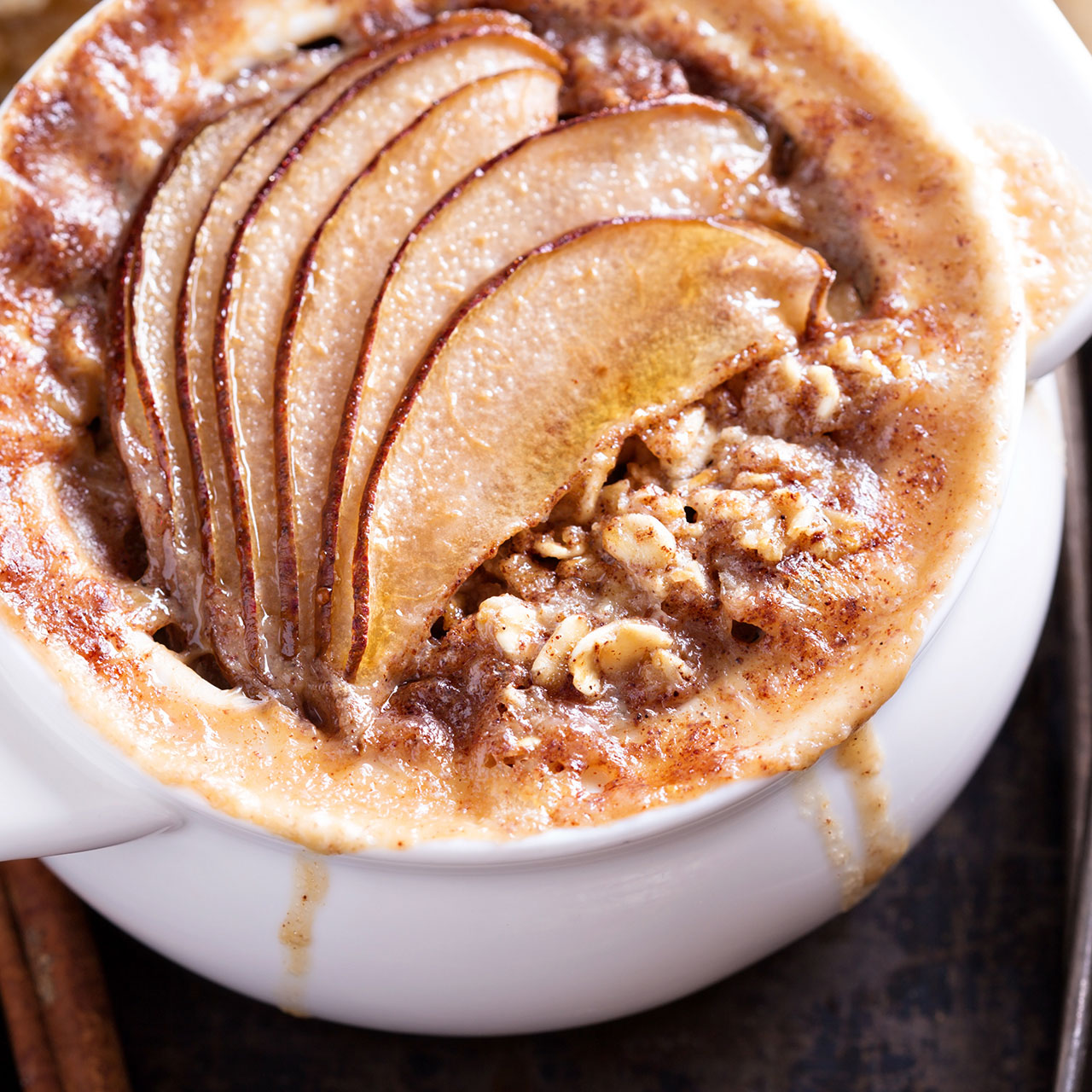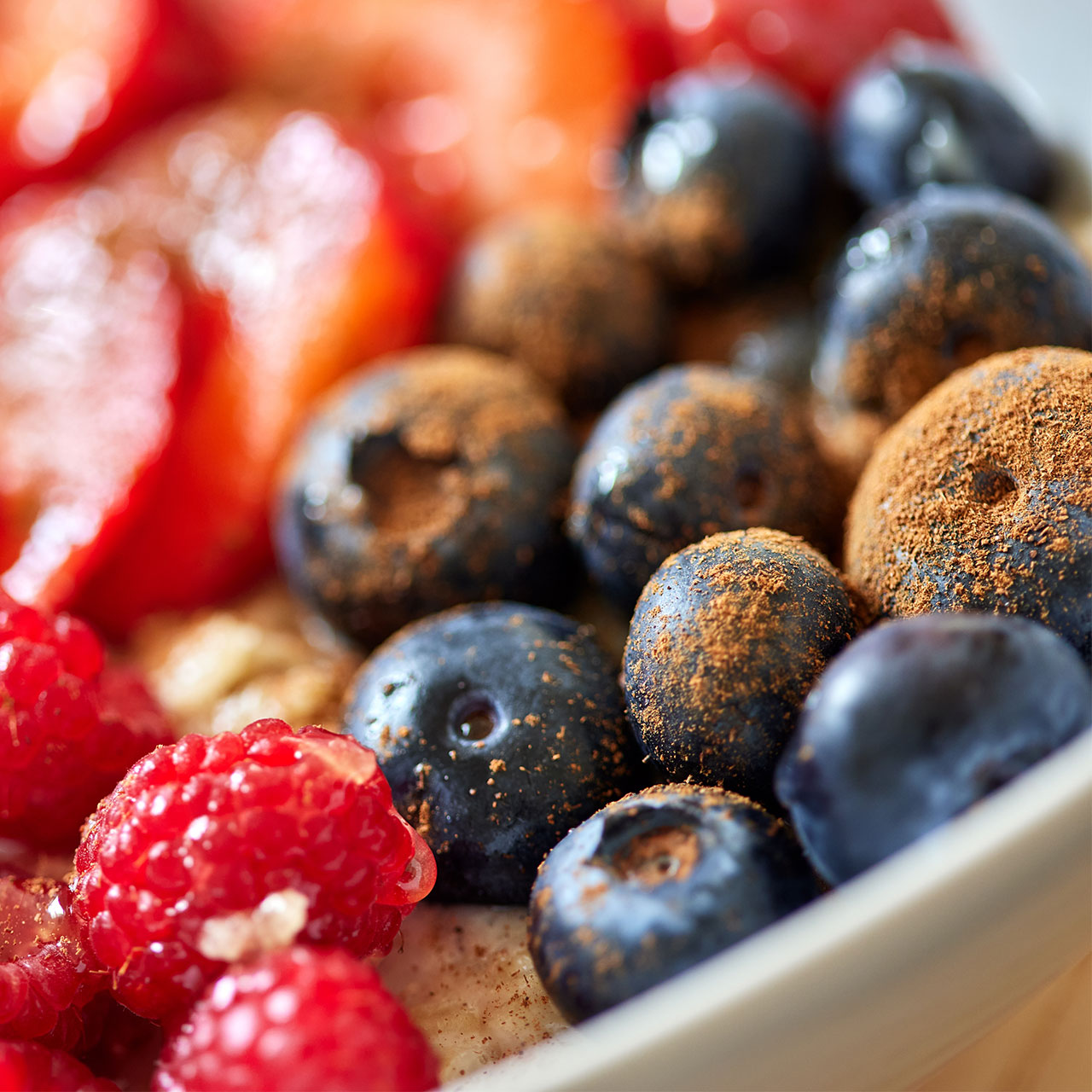Even the foods that seem the healthiest can take a toll on your body if you struggle with chronic digestive issues such as gas, bloating, and indigestion. For example, you may hear time and time again how important it is to eat your vegetables—especially those dark, leafy greens—but as it turns out, there’s a certain group of veggies that not everyone digests easily. If you want to put an end to gas and bloating, it may be a good idea to lower your intake of cruciferous vegetables.
To learn more about what, exactly, cruciferous vegetables are and how they might lead to indigestion, we spoke to health experts Corrie Duffy, nutritionist and chef at Corrie Cooks, and Lisa Richards, nutritionist and author of The Candida Diet. Read on for all of their insight and advice!


Cruciferous Vegetables And Indigestion
If you struggle with digestive issues and gas, it may be in your best interest to cut down on the cruciferous vegetables—or at least change the way you prepare them. This group of vegetables in the mustard family, which includes cauliflower, cabbage, bok choy, broccoli, kale, arugula, Brussels sprouts, radish, collards, and watercress, certainly offer their fair share of benefits. This is thanks to the fact they're packed with vitamin A, C, and phytonutrients, which can reduce the risk of cancer and fight inflammation. However, they're not always the best choice if you're looking for gut-healthy food.
Duffy says these vegetables are "difficult to digest and often cause gas in the stomach." Why is that? "These vegetables contain raffinose which is not digested in the small intestine as humans do not have enzymes to digest them," he explains. "So when it enters the large intestine undigested, bacteria starts to ferment the undigested food and as a result, humans experience gas and bloating." Yikes!
Richards agrees, noting that cruciferous vegetables "cause bloating due to their high amount of fiber as well as the FODMAPs they contain." FODMAPs, or fermentable oligosaccharides, disaccharides, monosaccharides, and polyols, are a particular group of carbohydrates that some people have trouble digesting. For this reason, many people follow a low-FODMAP diet in order to keep their digestive issues at bay.
However, this doesn't mean you can never enjoy all these vegetables and the nutrients they have to offer. It's just best to limit your intake of them if you struggle with chronic digestive issues. If you still want to keep these tasty ingredients in your diet, Duffy suggests eating them raw. "Cooked cruciferous vegetables are better than raw ones," he notes. "So try to have those to lower indigestion."
Additionally, there are tons of gut-friendly alternatives out there. Duffy recommends choosing baby spinach over kale and zucchini noodles instead of cauliflower rice, to name a few possible substitutions. Perfect!


























